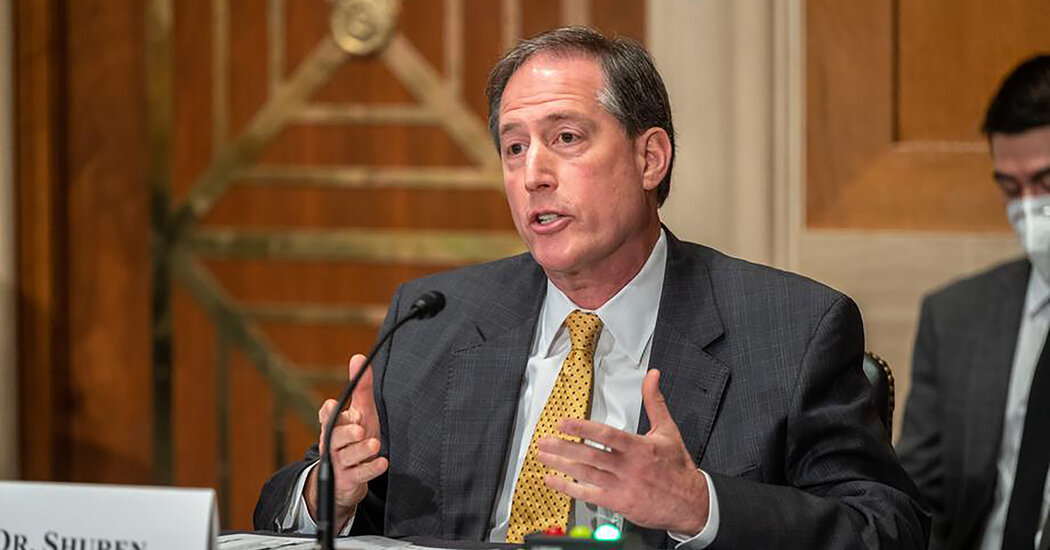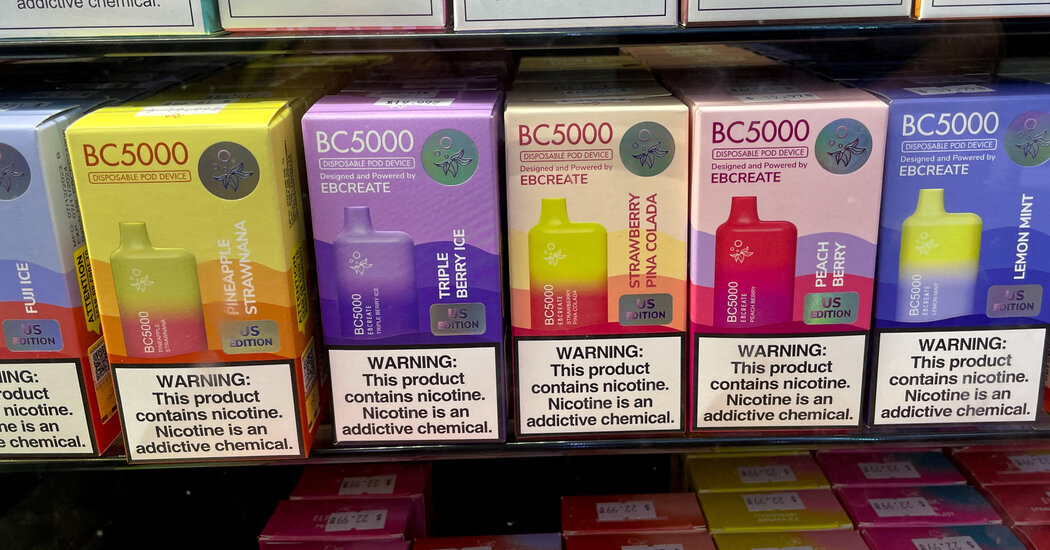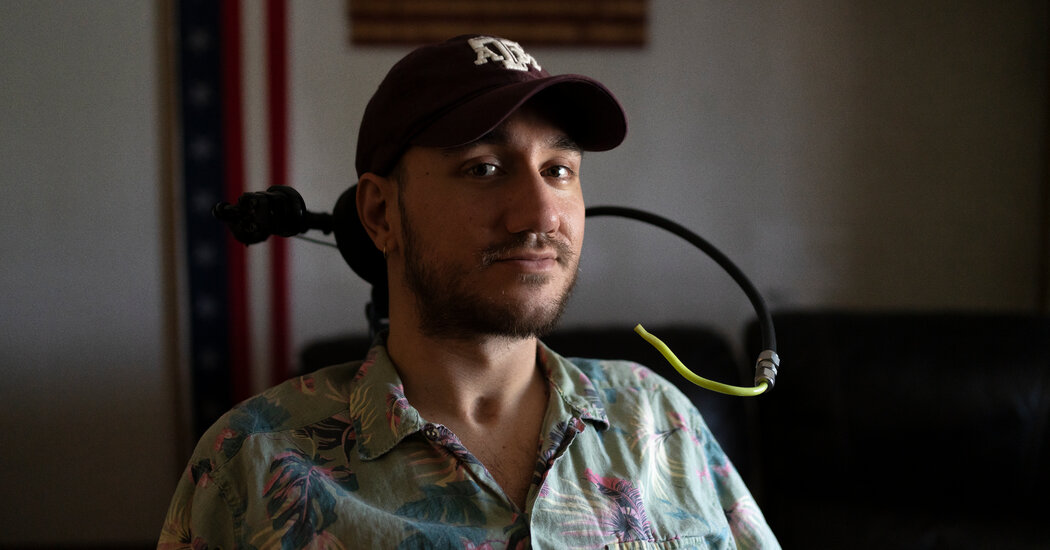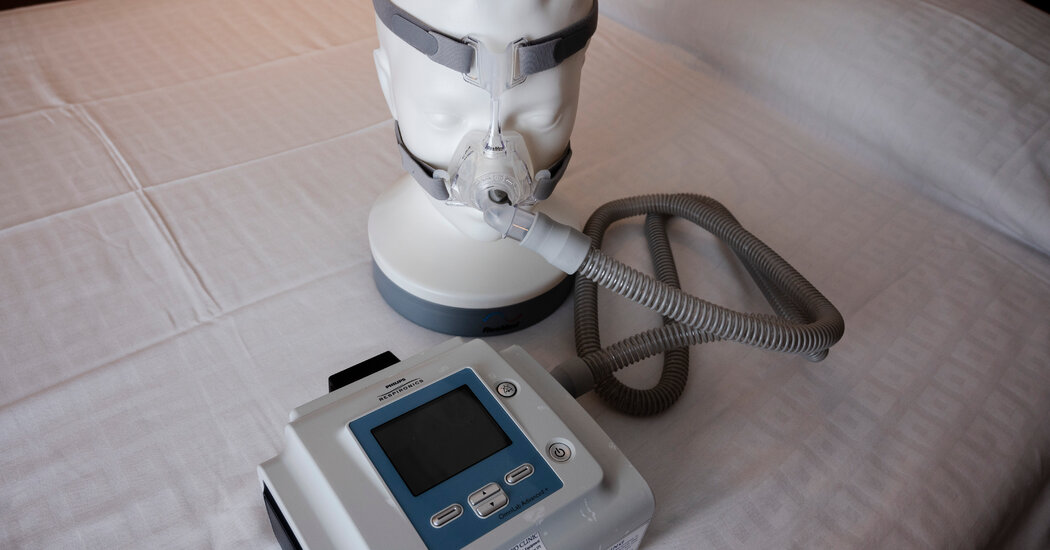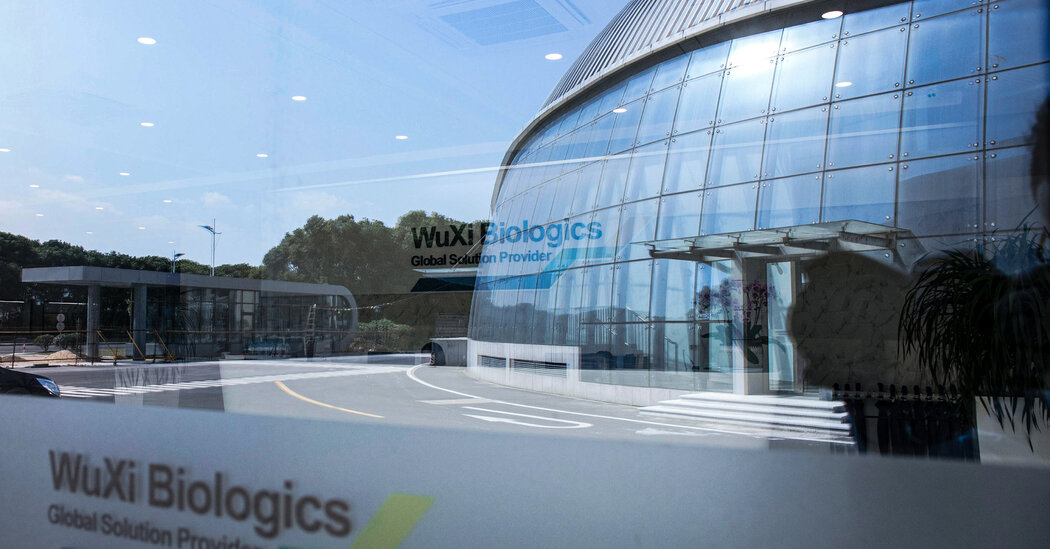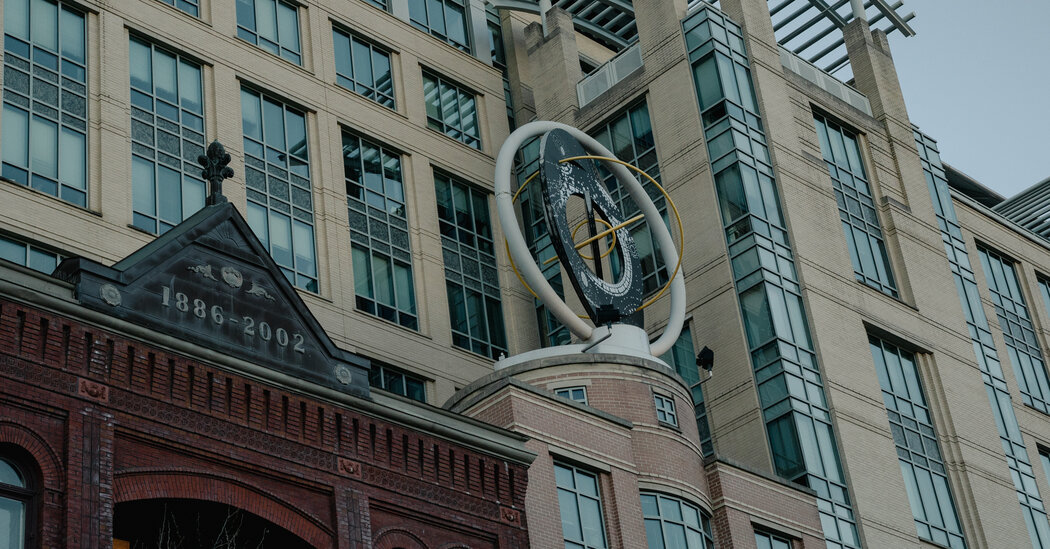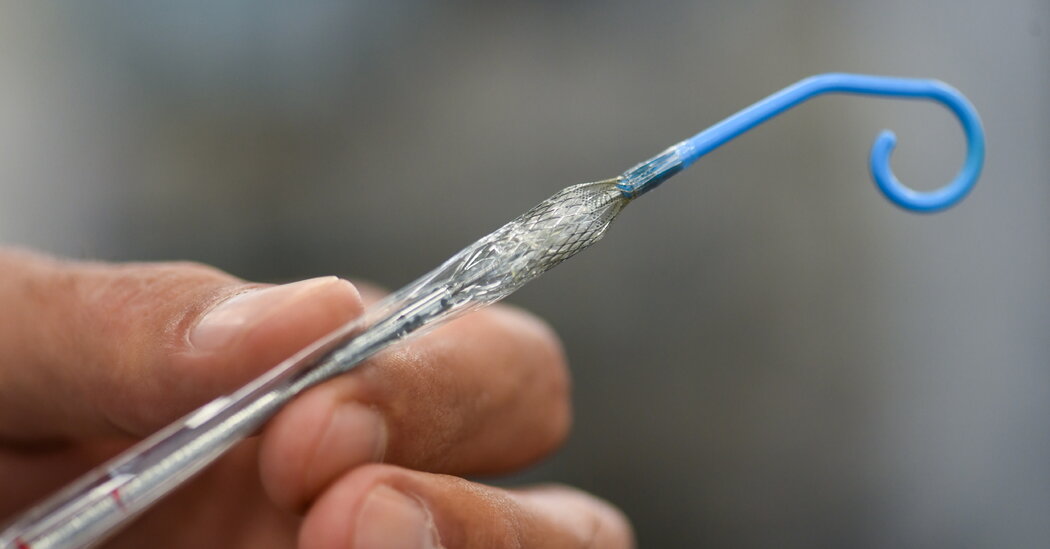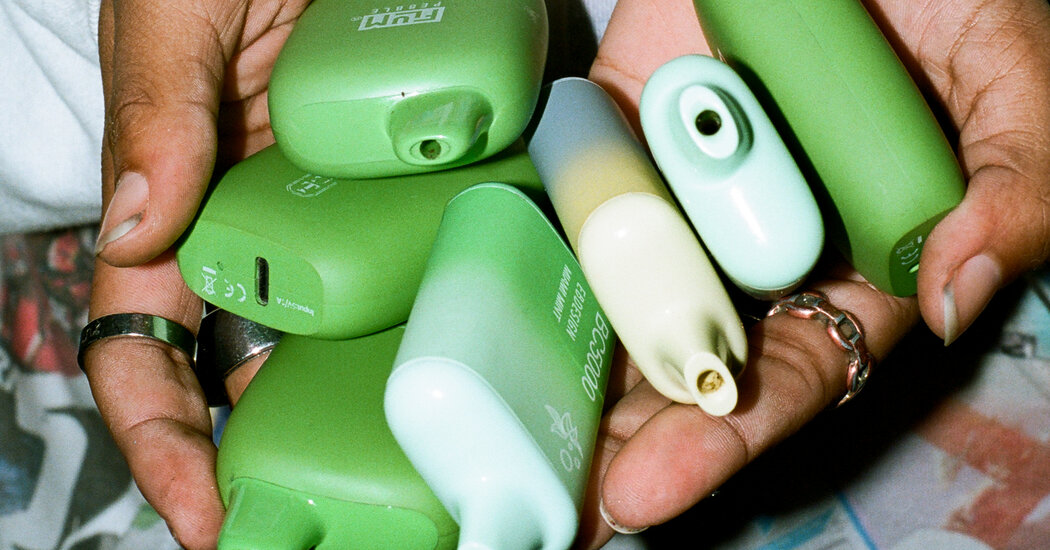Teenage E-Cigarette Use Continues to Decline
The percentage of middle and high school students reporting that they vaped tobacco products dropped to about a third of those students reporting use of e-cigarettes at a vaping peak in 2019, a new survey shows.The number of teenagers who reported using e-cigarettes in 2024 has tumbled from a worrisome peak reached five years ago, raising hopes among public health officials for a sustained reversal in vaping trends among teens.In an annual survey conducted from January through May in schools across the nation, fewer than 8 percent of high school students reported using e-cigarettes in the past month.That’s far lower than the apex, in 2019, when more than 27 percent of high school students who took the same survey reported that they vaped — and an estimated 500,000 fewer adolescents than last year.The data is from the National Youth Tobacco Survey, a questionnaire filled out by thousands of middle and high school students that is administered each year by the Food and Drug Administration and the Centers for Disease Control and Prevention. Overall, it found that just under 6 percent of middle and high school students reported vaping in the last month, down from nearly 8 percent among those surveyed last year. Use among high school students largely accounted for this year’s decline; middle school use stayed fairly steady.“I want to be unequivocally clear that this continued decline in e-cigarette use among our nation’s youth is a monumental public health win,” Brian King, the director of the F.D.A.’s tobacco division, said during a news briefing.Public health experts said the decline in teenage vaping may be due to several factors, including city and state flavored tobacco bans, a blitz of enforcement against sellers of flavored vapes and three public messaging campaigns aimed at young people about the dangers of vaping.We are having trouble retrieving the article content.Please enable JavaScript in your browser settings.Thank you for your patience while we verify access. If you are in Reader mode please exit and log into your Times account, or subscribe for all of The Times.Thank you for your patience while we verify access.Already a subscriber? Log in.Want all of The Times? Subscribe.
Read more →

